
The francisque, modelled on the Franks' francisca, the Franks' founders of an ethnically pure French nation.
Vichy France
Marshal Pétain was the last French prime minister of the Third Republic, he was known as a World War I hero, who was the victor of the Battle of Verdun. Vichy France was officially independent, but with half of its territory occupied, Pétain co-operated with Third Reich policies. Most French public initially supported the paternalistic regime.
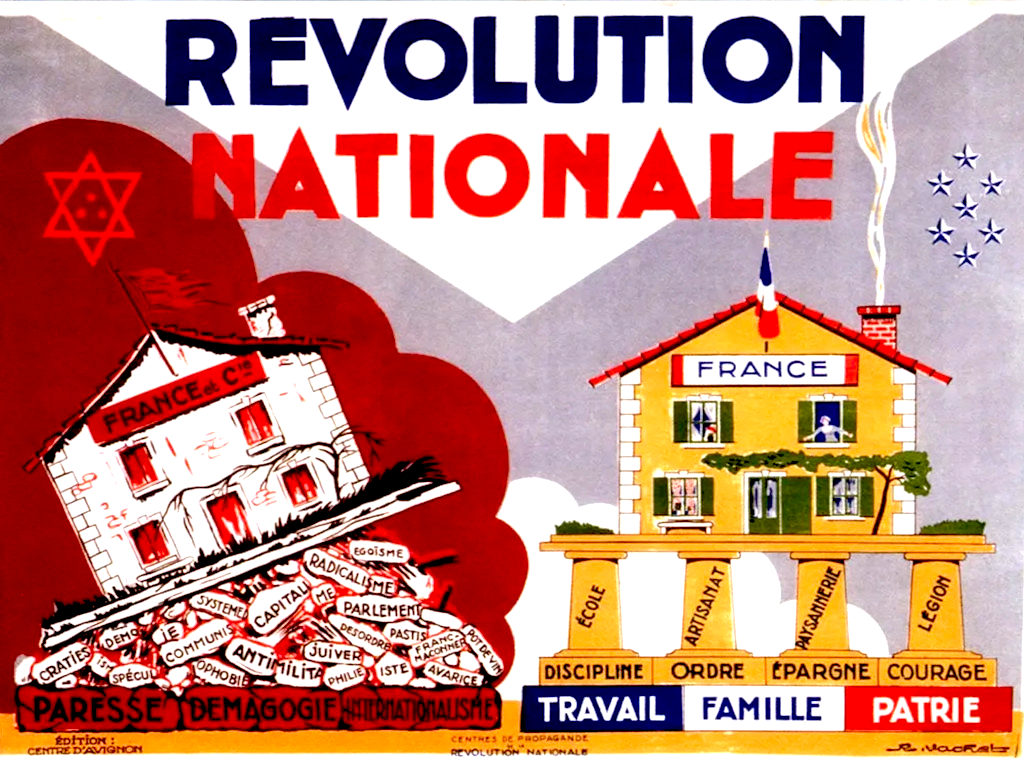
Despite endless “French Resistance” World War 2 propaganda myths, the French people, fearing Communism, were not at all happy to be “liberated” by American / British allied forces. Many French men had volunteered and died with the Germany army; for surviving wives and relatives, horrific allied “liberation” tortures awaited.
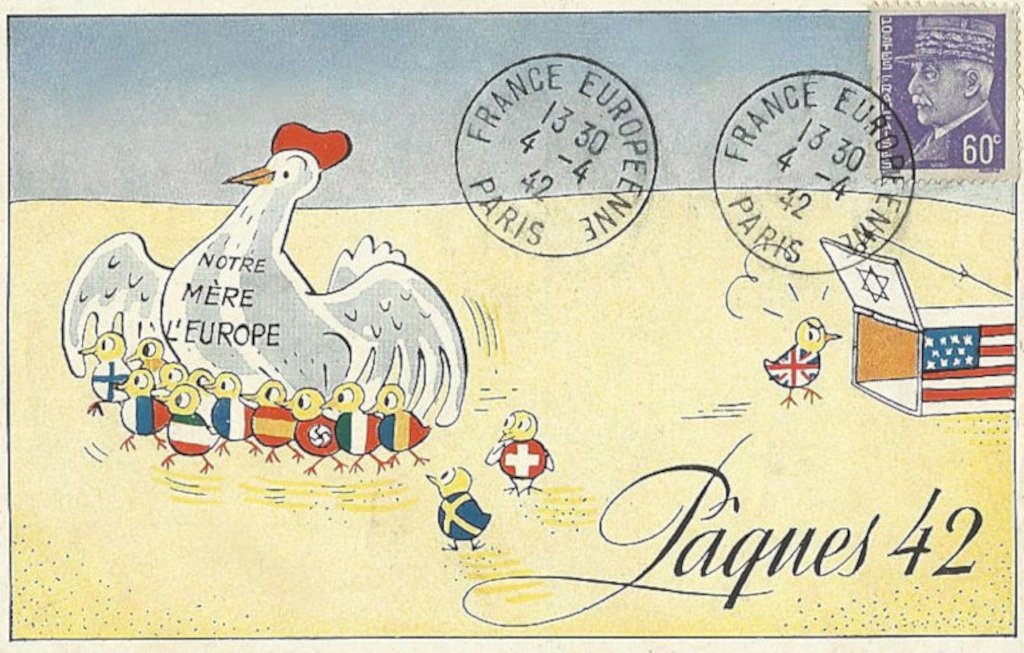
Vichy France (French: Régime de Vichy) is the common name of the French State (État français) headed by Marshal Philippe Pétain during World War II. After being appointed Premier by President Albert Lebrun, Marshal Pétain's cabinet agreed to end the war, signing an Armistice with Germany on 22 June 1940.
“There is a Jewish conspiracy against all Nations, but first against France. This must be disrupted or France will perish as Russia.”.
On 10th July, the Third Republic was effectively dissolved as Pétain was granted full powers by the National Assembly. At Vichy, Pétain established an authoritarian government that reversed many liberal policies and began tight supervision of the economy, calling for “National Regeneration”, with central planning a key feature.
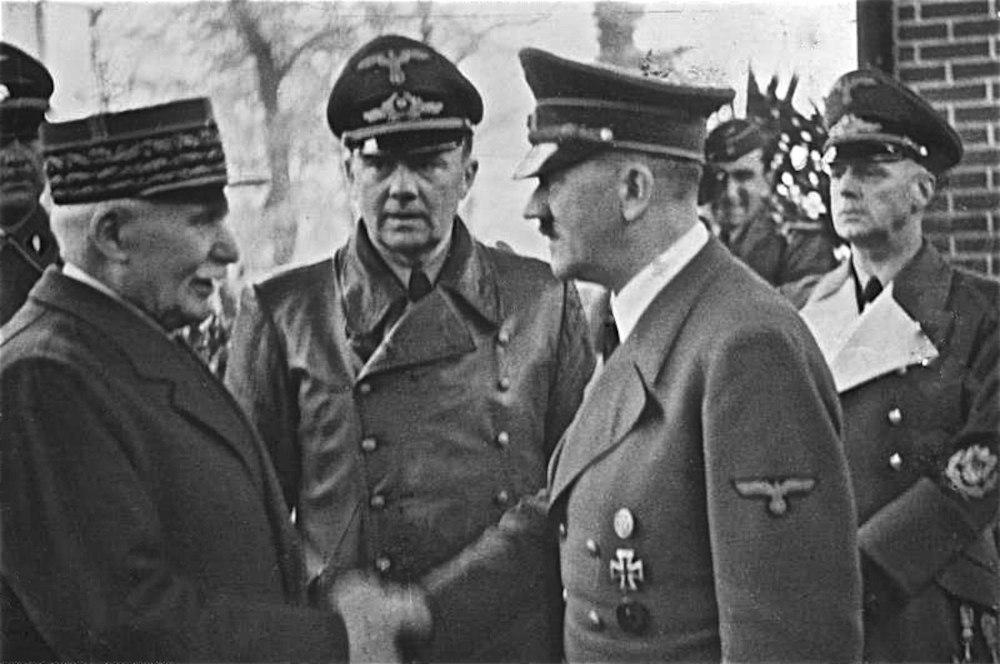
Labour unions came under tight government control. Conservative Catholics became prominent and clerical input in schools resumed. Paris lost its “Weimar” inspired avant-garde status in European art and culture. The media were tightly controlled and promoted exclusion of Jews, and, after June 1941, anti-Bolshevism. French police were ordered to round up Jews and other “undesirables” such as communists and political refugees. Much of the French public initially supported the government, despite its undemocratic nature and its difficult position with respect to the Germans, often seeing it as necessary to maintain a degree of French autonomy and territorial integrity.
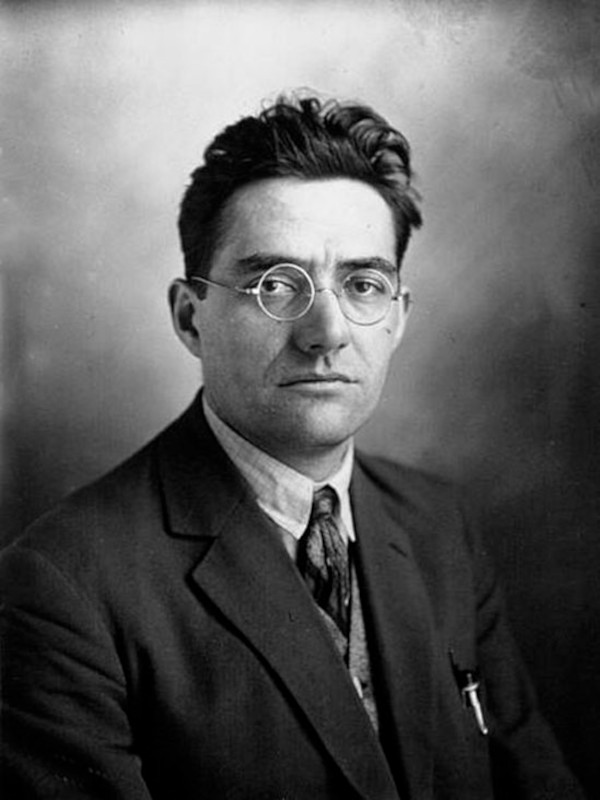
Jacques Doriot
(26/9/1898 - 22/2/1945)
French politician. Doriot founded the ultra-nationalist 'Parti Populaire Français' (PPF) in 1936. His party was a strong supporter of France being structured like National Socialist Germany and Fascist Italy. When France declared war on Germany in 1939 Doriot was a dedicated and vocal supporter of Germany and supported the occupation of Northern France by Germany. He gave all his energies to various anti-communist projects, including Radio Paris. He was killed on 22 February 1945 when his car was strafed by Allied fighter planes.
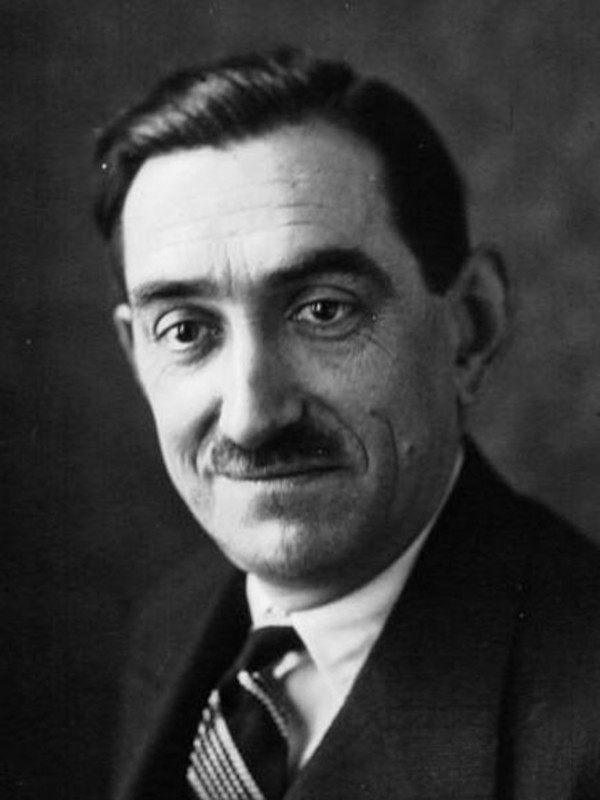
Philippe Henriot
(7/1/1889 – 28/6/1944)
Poet, politician, journalist, and Minister in the French government at Vichy. He was a beloved director and orator of political broadcasts. He was also a part-time member of Milice, which he joined in 1943. He believed 'with a deep-seated conviction that Christian civilization was engaged in a life and death struggle against Bolshevism.' He became French Minister of Information and Propaganda in 1944; five months later 15 members of the Résistance, dressed as members of the Milice assassinated Henriot as he slept in the Ministry building.
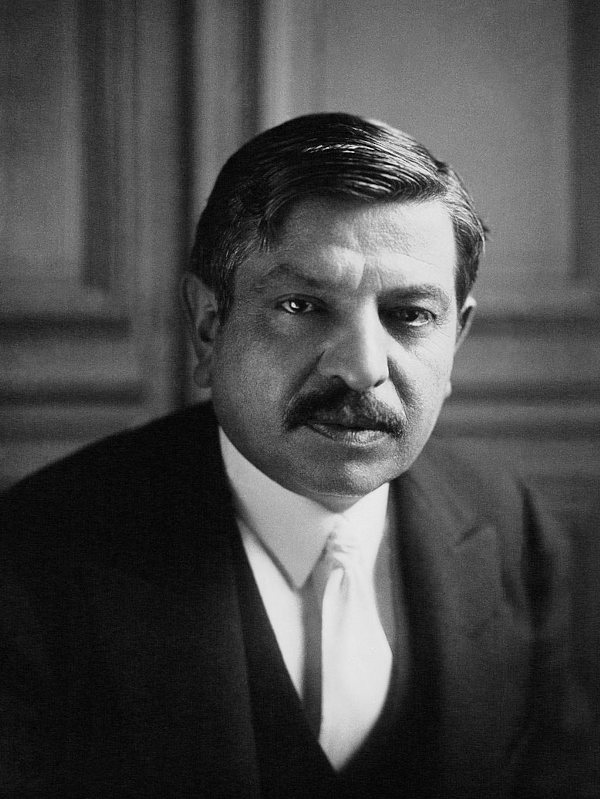
Pierre Laval
(28/6/1883 – 15/10/1945)
French politician. From January 27, 1931 to February 20, 1932 he served as Prime Minister of France and also headed another government from June 7, 1935 to January 24, 1936. After the Allied occupation of France in 1944, Laval was arrested for 'treason'. In a mock show-trial, Pierre Laval was convicted of treason by the High Court of Justice. Condemned to death, he attempted suicide by poison but was nursed back to health in time for his execution by firing squad on October 15, 1945.
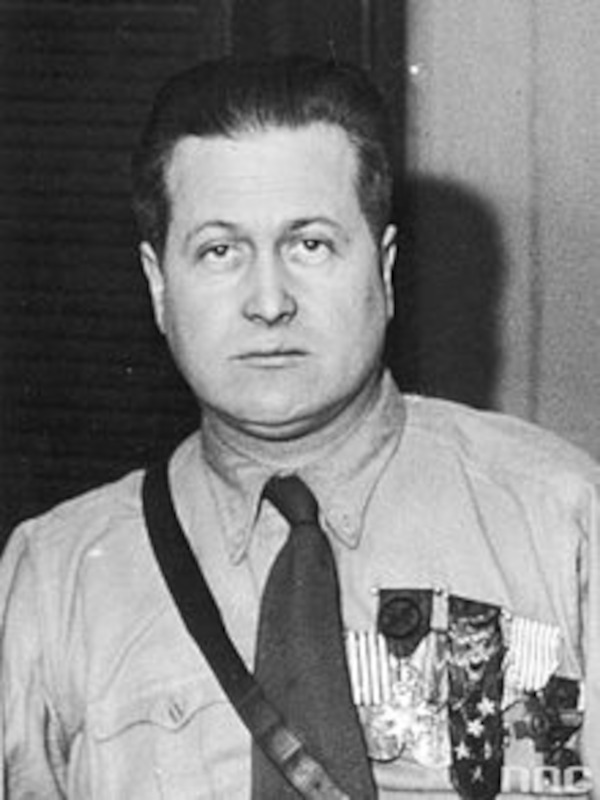
Marcel Bucard
(7/12/1895 – 13/3/1946)
French Fascist politician. A decorated soldier for bravery in World War I, Bucard was in politics initially as a member of Action française. In September 1933, Bucard founded his group, the Mouvement franciste, which was financed by Benito Mussolini's government. In 1936, a new Popular Front government banned his movement but with the start of Nazi Germany's occupation of France and of Vichy France, Bucard's Parti was again active (from 1941), now as a collaborationist force. In 1946, after the German defeat, Bucard was sentenced to death for treason, and executed by firing squad a month later.
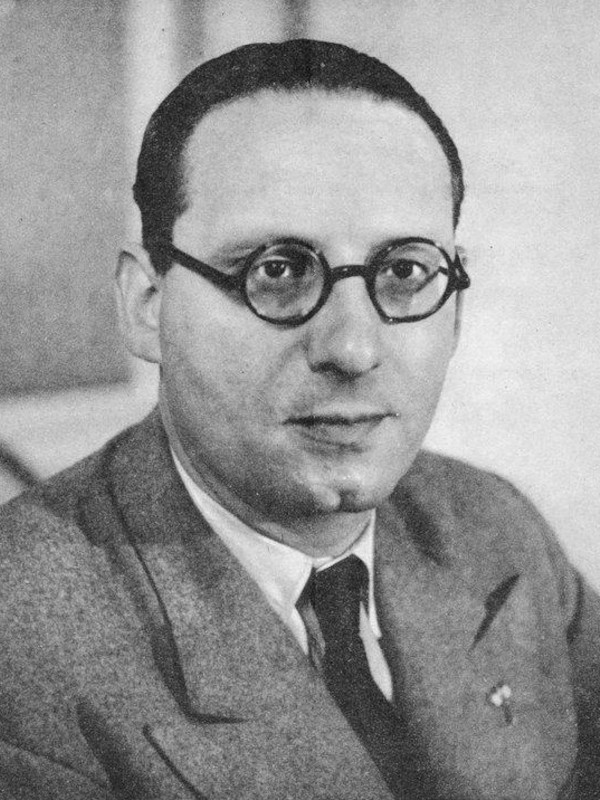
Pierre Firmin Pucheu
(27/6/1899 – 20 March 1944)
French industrialist, fascist, and member of the Vichy government. He also formed the Police aux Questions Juives in 1941 and took personal charge of the organization. He was also responsible for setting up the SPAC anti-communist police force, the anti-Masonic Service for Secret Societies and the Amicales de France, which served as the propaganda arm of Vichy. Arrested shortly and charged with treason, transferred to Algiers in October 1943. Pucheu was tried in March 1944, convicted and sentenced to death. Claimed me met his death with “great courage”, shaking hands with the firing squad, and giving the order to fire himself.
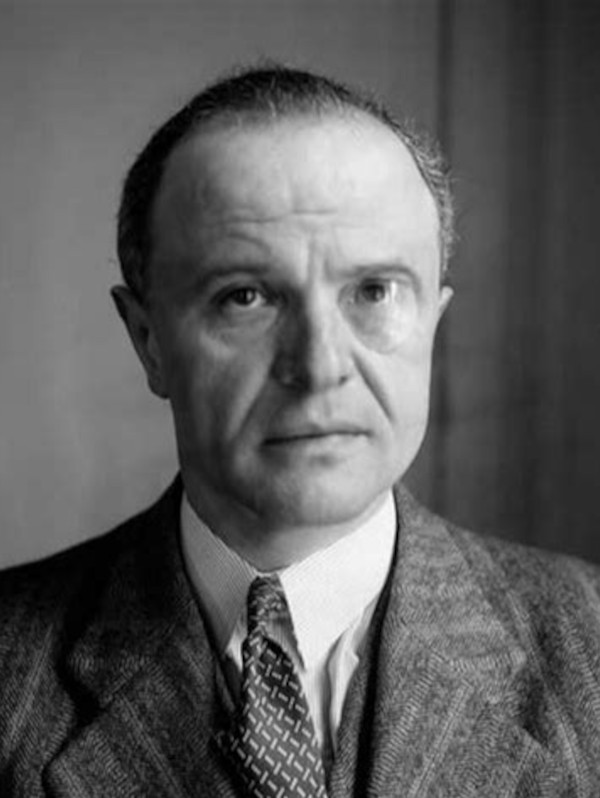
Louis Darquier
(19/12/1897 – 29/8/1980)
Commissioner-General for Jewish Affairs under the Vichy Régime May 1942-1944. A veteran of World War I, Darquier had been active in Fascist and antisemitic politics in France in the 1930s, being a member, at various times, of Action Française, Croix-de-Feu and Jeunesses Patriotes. He began collaborated with publisher Ulrich Fleischhauer's Welt-Dienst organisation based in Erfurt, Germany. He was sentenced to death in absentia in 1947 by the French High Court of Justice for collaboration. However, he had fled to Spain, where the Fascist regime of Francisco Franco protected him.
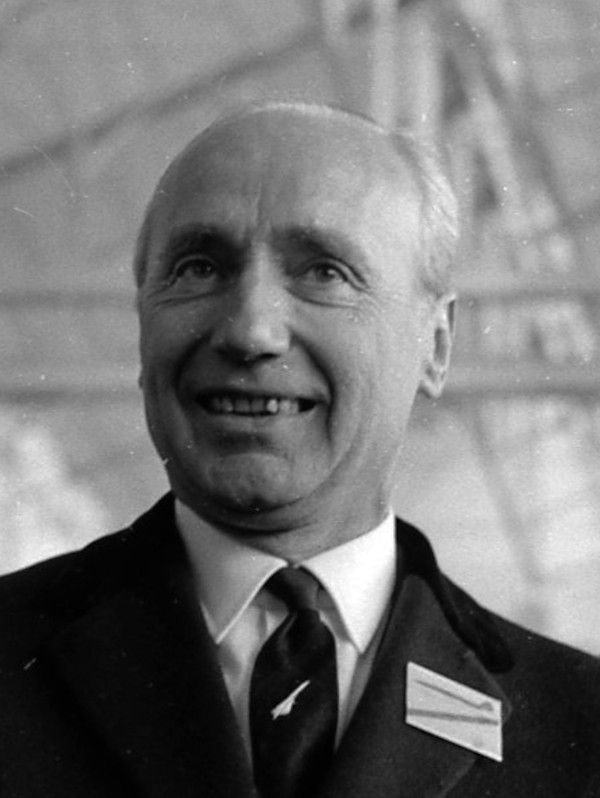
Maurice Papon
(3/9/1910 – 17/2/2007)
Secretary general for the police in Bordeaux during World War II, he participated in the deportation of more than 1600 Jews. Most were sent directly to the camp of Mérignac, and then they were transported to Drancy internment camp, near Paris, and finally deported to Auschwitz. Papon went to trial on 8 October 1997, after 14 years of bitter legal wrangling he was sentenced to a 20-year prison term. After his death in 2007 the Irish Independent wrote in an article: 'Have no doubt Hitler would have wiped out Arabs after Jews'. Forced to resign from Paris police after forced disappearance of Moroccan Marxist Mehdi Ben Barka.
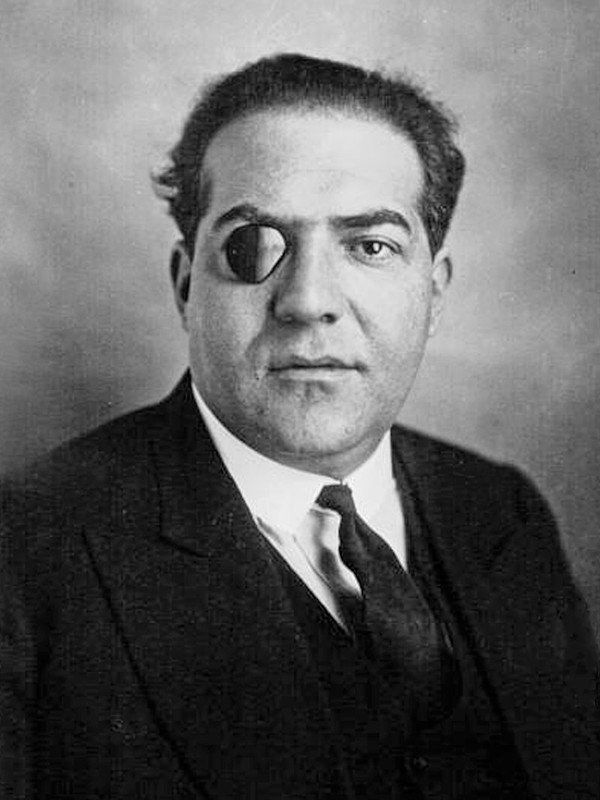
Xavier Vallat
(23/12/1891 – 6/1/1972)
French politician, and Commissioner-General for Jewish Questions in the wartime Vichy collaborationist government. Vallat supported the rise to power of Marshal Philippe Pétain as head of a collaborationist regime based in Vichy. In March 1941, he was appointed as head of the Commissariat-General for Jewish Questions, a body set up to implement the anti-Semitic laws enacted by Pétain's government. In this position, he oversaw the Aryanisation of the French economy, education system, civil service and professions, and the enforcement of laws requiring all Jews to be registered with the police.
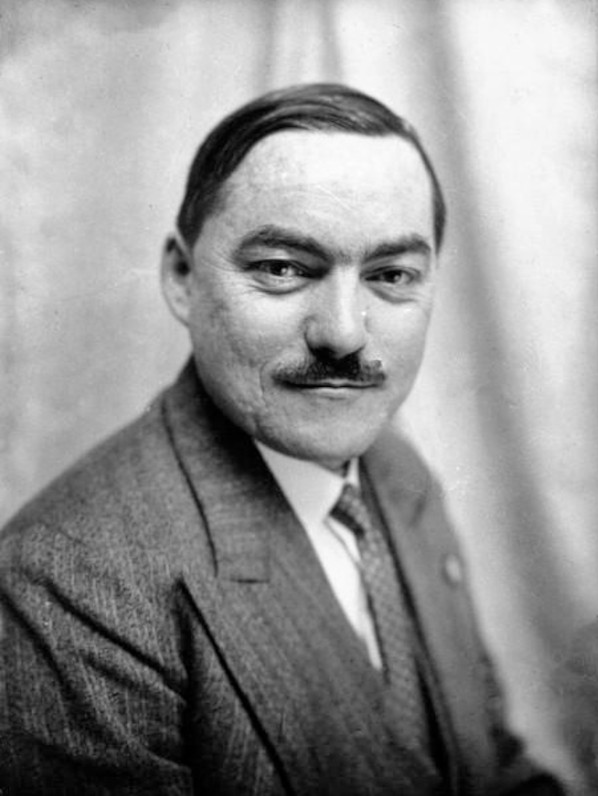
Marcel Déat
(7/3/1894 – 5/1/1955)
Déat founded the collaborationist National Popular Rally (RNP). In 1944, he became Minister of Labour and National Solidarity in Pierre Laval's government in Vichy, before escaping to the Sigmaringen enclave along with Vichy officials after the Allied landings in Normandy. Déat also founded, along with fellow Collaborationists Jacques Doriot and Marcel Bucard, the Légion des Volontaires Français (LVF), a French unit of the Wehrmacht (later affiliated with the Waffen-SS). After the war, he had been convicted of treason and sentenced to death in absentia by a French court.
“The only wealth you possess is your labour…France will become again what she should never have ceased to be—an essentially agricultural nation. Like the giant of mythology, she will recover all her strength by contact with the soil.”.
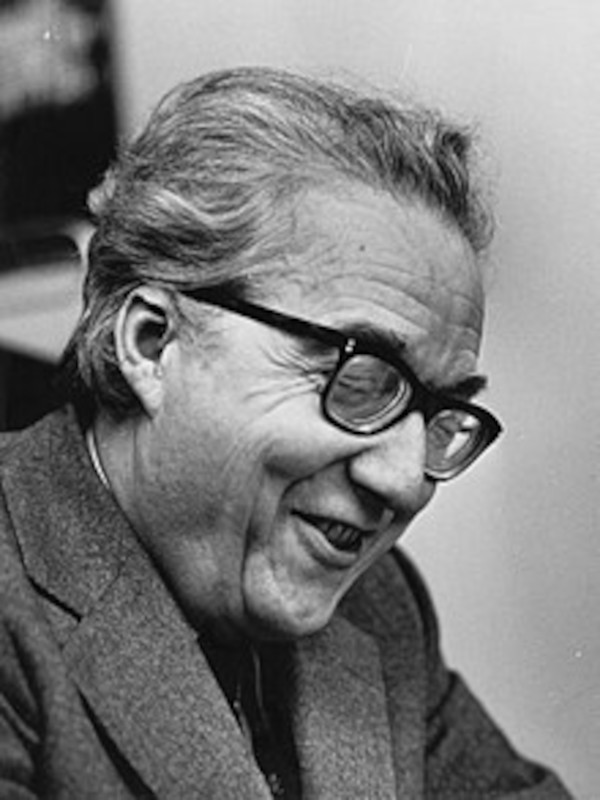
Raymond Abellio
(11/11/1907 – 26/8/1986)
Known by his pen name Raymond Abellio, was a French writer. took part in the X-Crise Group. He advocated far-left ideas, then joined the Vichy regime during the Second World War and became in 1942 secretary general of Eugène Deloncle's far-right Mouvement Social Révolutionnaire (MSR) party.
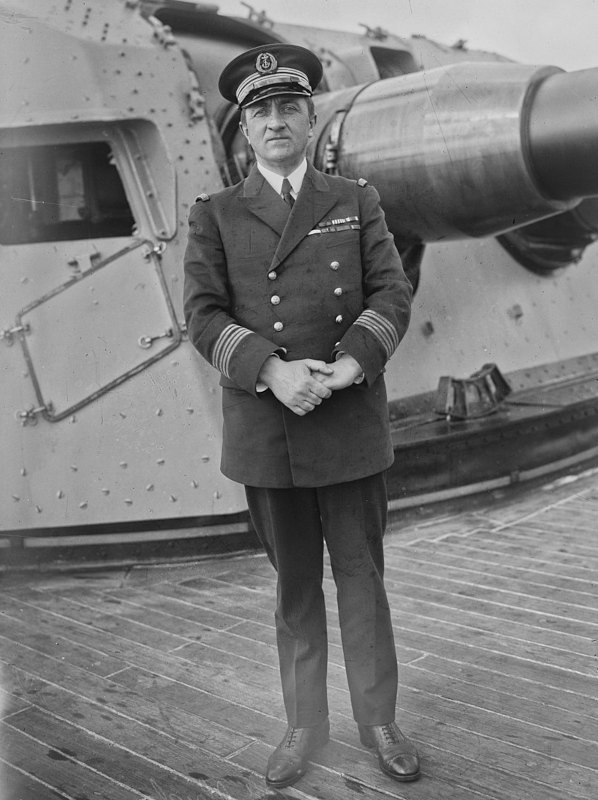
Jean-Marie Charles Abrial
(17/12/1879 – 19/12/1962)
French Admiral and Naval Minister. In 1939 Abrial was charged with protecting French overseas trade as well as the north coast of France, and the following year General Maxime Weygand named him Commander-in-Chief of the northern naval forces.
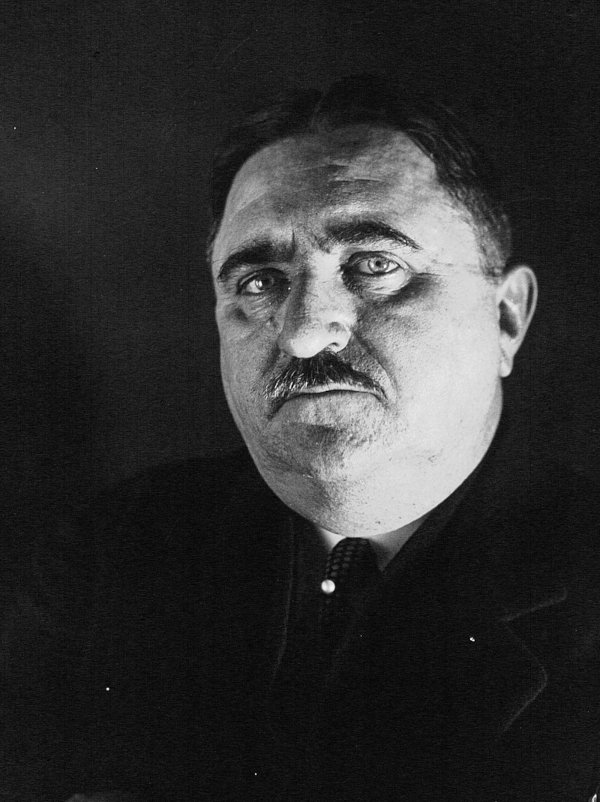
Pierre Amidieu du Clos
(16/9/1881 - 30/8/1966)
French engineer, iron master and politician. He had right wing views, and was a strong nationalist. His proposed law on protection (from a foreign invasion crisis) of the national workforce became law, August 1932. He was Officer of the Legion of Honour and a member of the Order of Leopold (Belgium).
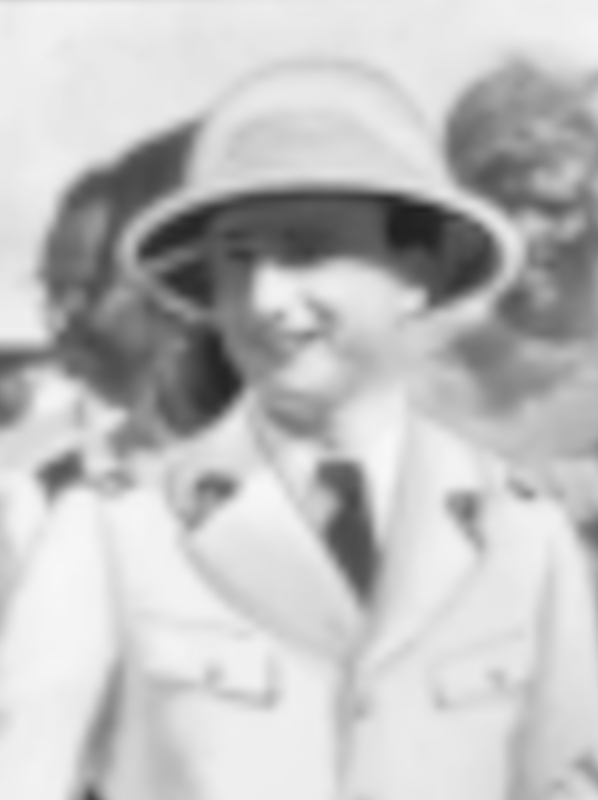
Armand Annet
(5/6/1888 - 25/4/1973)
French colonial governor for various colonies in the French colonial empire. In 1940, Annet sided with Vichy France after the Fall of France. As the Vichy Governor-General of Madagascar from 1941 to 1942, Annet was involved in the Battle of Madagascar. After the war, in 1947, he was convicted of indignité nationale.
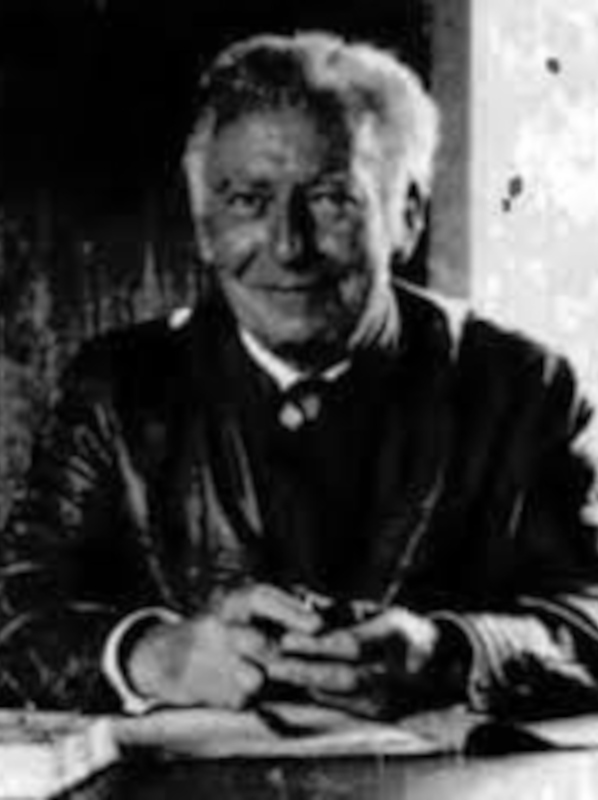
Saint-Loup (writer)
(19/3/1908 - 16/12/1990)
Better known by the nom de plume Saint-Loup, was a French anti-capitalist, later turned into fascist, politician, writer, and mountaineer. Joined the political bureau of Jacques Doriot's French Popular Party (PPF). Enlisted in the Legion of French Volunteers Against Bolshevism, and launched the group's paper Le Combattant Européen.
“My country has been beaten, and they are calling me back to make peace and sign an armistic… This is the work of 30 years of Marxism. They're calling me back to take charge of the nation.”.

Alexis Carrel
(28/6/1873 – 5/11/1944)
Carrel's connections to the cabinet of Vichy France president Philippe Pétain, specifically French industrial physicians André Gros and Jacques Ménétrier, helped pave the way for the creation of the French Foundation for the Study of Human Problems.
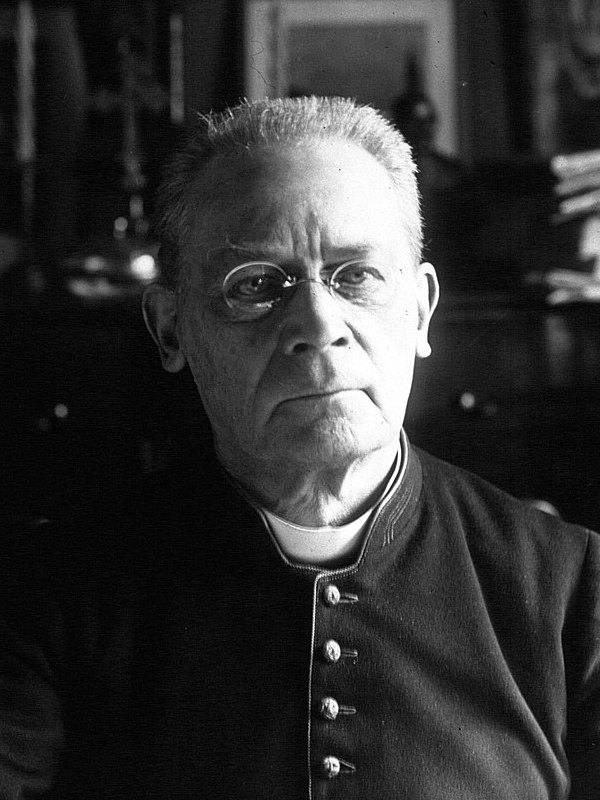
Alfred Baudrillart
(6/1/1859 – 19/5/1942)
French prelate of the Catholic Church, who became a Cardinal in 1935. In August 1941 Baudrillart endorsed the formation of the creation of a Legion of French Volunteers Against Bolshevism to fight alongside the Germans.
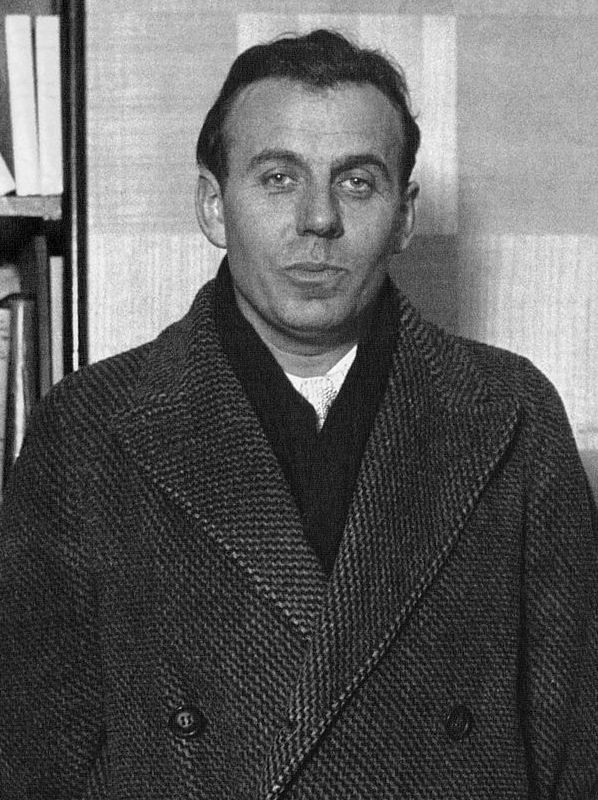
Louis-Ferdinand Céline
(27/5/1894 – 1/7/1961)
French novelist. "I am and have always been an anarchist, I have never voted…I will never vote for anything or anybody…I don't believe in men….The Nazis loathe me as much as the socialists and the commies too." - Louis-Ferdinand Céline 1933.
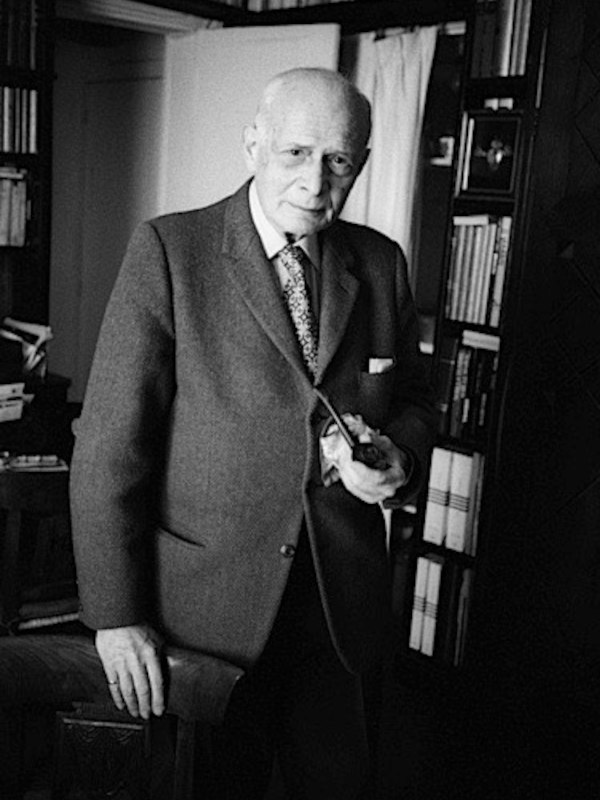
Jacques Benoist-Méchin
(1/7/1901 – 24/2/1983)
French politician, writer, journalist, and historian. A minister without portfolio in Vichy France, and appointed to the controlling committee of the Légion des Volontaires Français. Sentenced to death and indignité nationale.
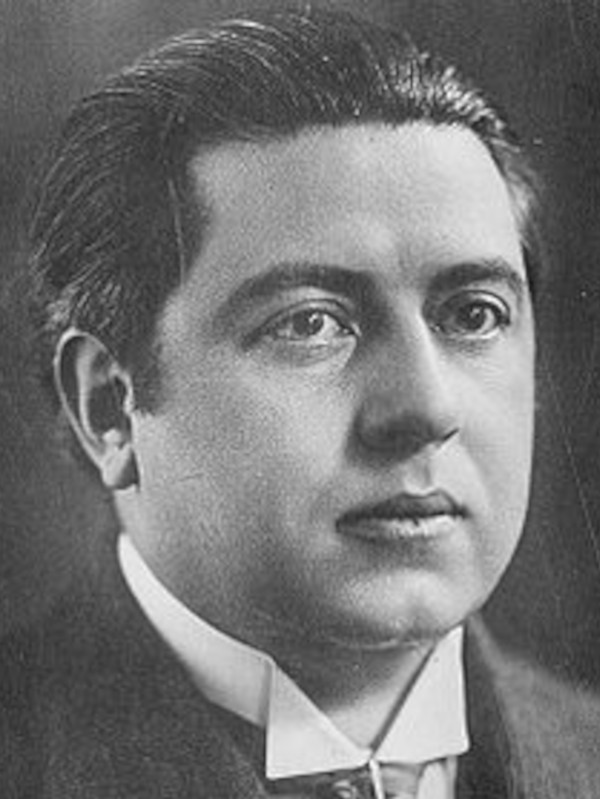
Henri Béraud
(21/9/1885 - 24/10/1958)
French novelist and journalist. Supported Vichy France by contributing pieces to the fascist weekly paper Gringoire. He was sentenced to death — later commuted to life imprisonment — for collaboration with the Germans, in 1945.
“Neither Germany nor Italy have doubts. Our crisis is not a material crisis. We have lost faith in our destiny… We are like mariners without a pilot.”.
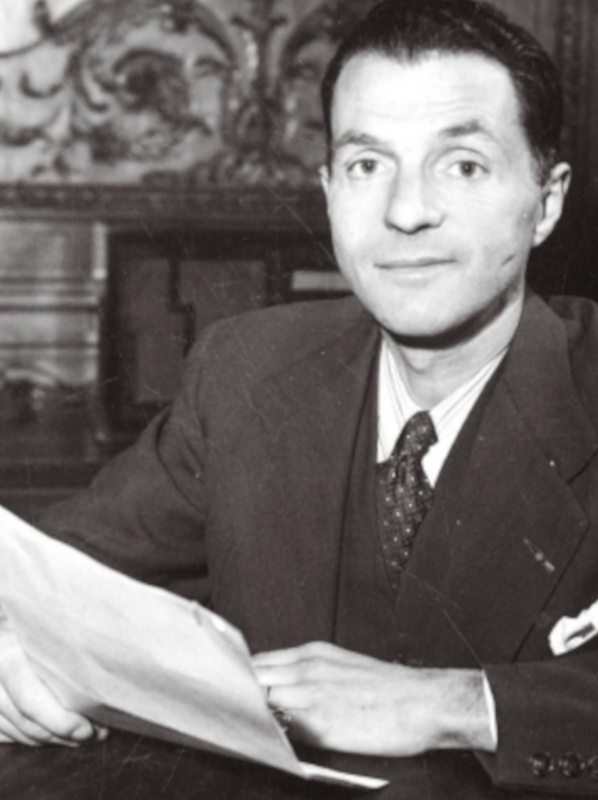
Jacques de Bernonville
(20/10/1897 - 26/4/1972)
Senior police officer in the Milice of the Vichy regime in France. Hunted down and executed resistance fighters during World War II. After his escape from France, he was convicted of war crimes and condemned to death.
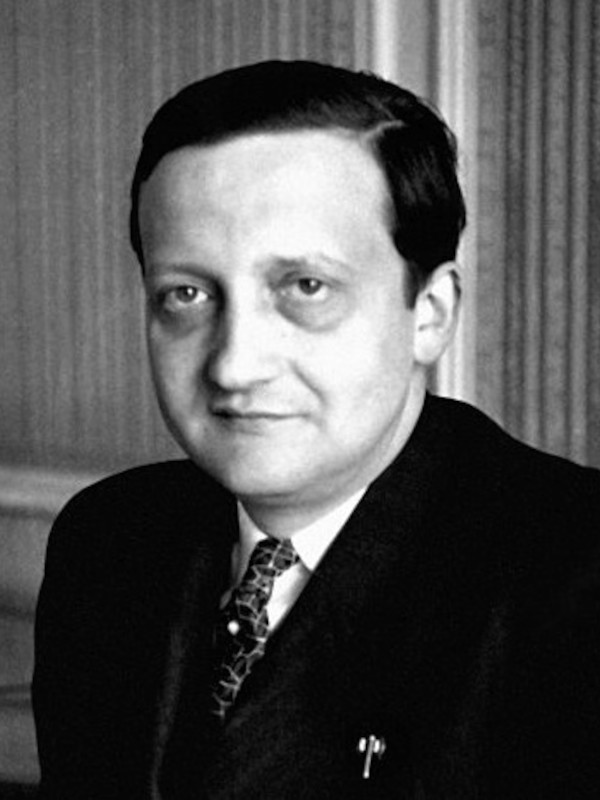
Jean Bichelonne
(24/12/1904 – 22/12/1944)
French businessman and member of the Vichy government that governed France during World War II following the occupation of France by NSDAP Germany.
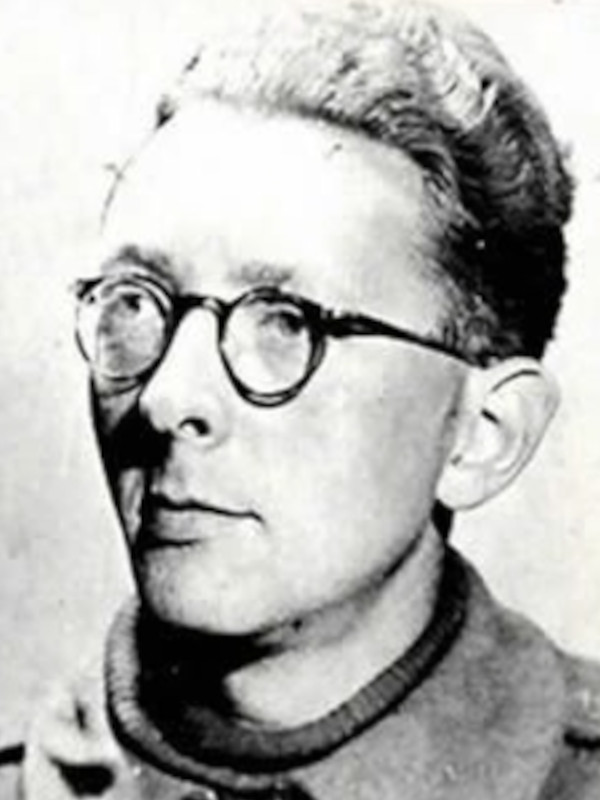
René Binet (neo-Fascist)
(16/10/1913 – 16/10/1957)
French militant political activist. Initially, a Trotskyist in the 1930s, he espoused fascism during World War II and joined the SS Charlemagne Division.
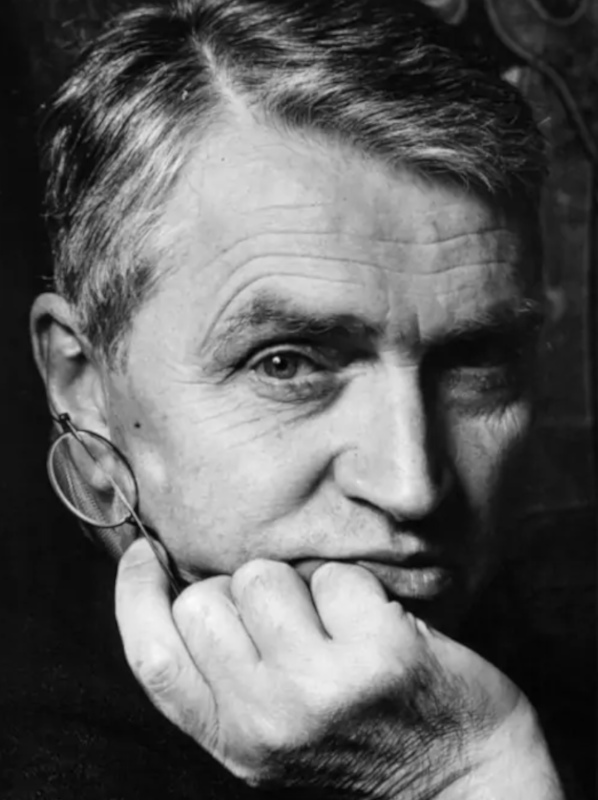
Georges Blond
(11/7/1906 - 16/3/1989)
French writer. A prolific writer of mostly history but also other topics including fiction. Blond was a writer for the collaborationist journal Je suis partout. Blond, published L'Angleterre en guerre: Recit d'un marin francais in 1941.
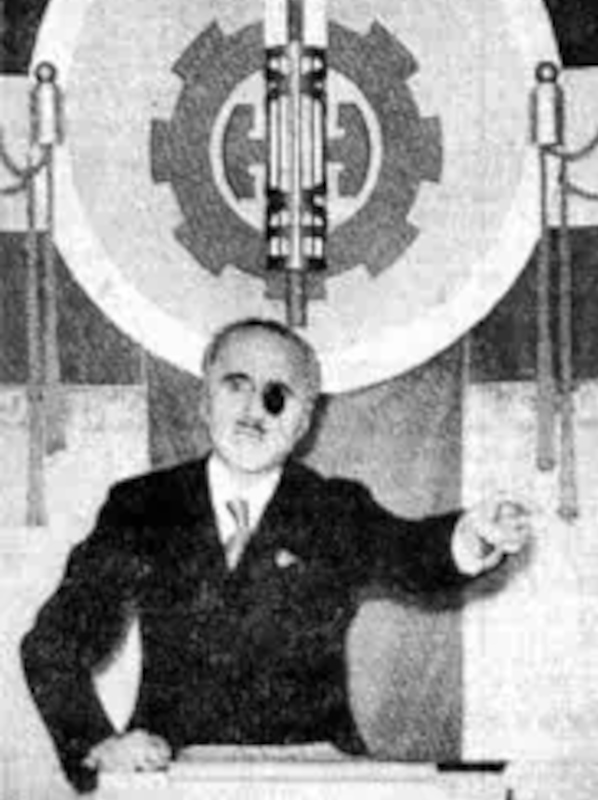
Jean Boissel
(1/5/1891 – 19/10/1951)
French architect, journalist, and political activist. Boissel founded Le Front Franc— and the Paris-based periodical, Le Réveil du peuple which espoused anti-Masonic, anti-parliamentarian, and “antijudéométèque” views.
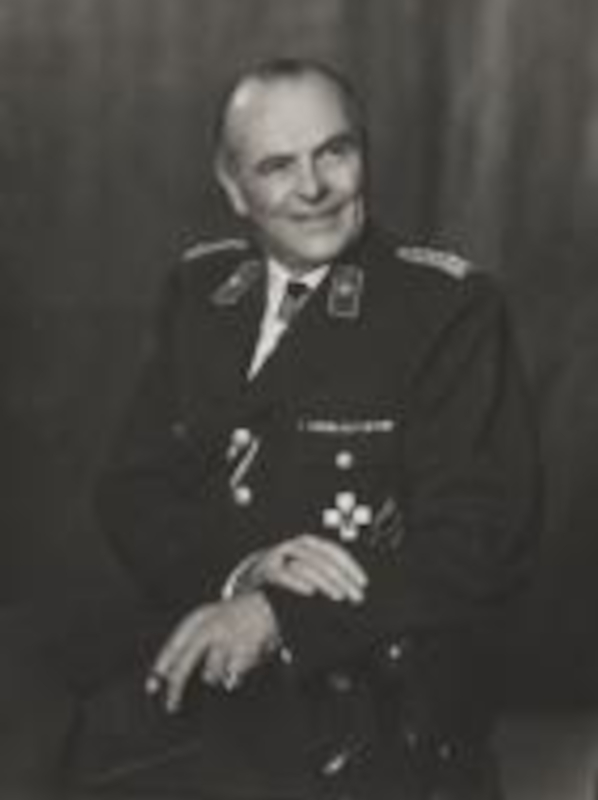
Achille Boitel
(1898 – 1944)
French industrialist and NSDAP member in Paris during the Second World War. He manufactured aircraft engines, traded with the Germans, and played a pivotal role in a collaborationist art syndicate. He was killed by the French resistance.
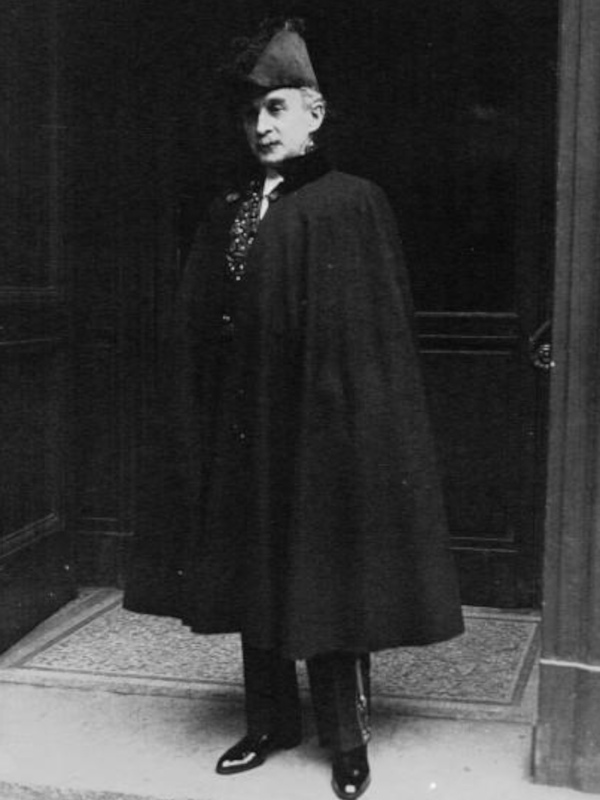
Abel Bonnard
(19/12/1883 – 31/5/1968)
French poet, novelist and politician. He was a member of the committee of the Groupe Collaboration, an organisation that aimed to encourage closer cultural ties between France and Germany. After WW2 he was banished to Spain.
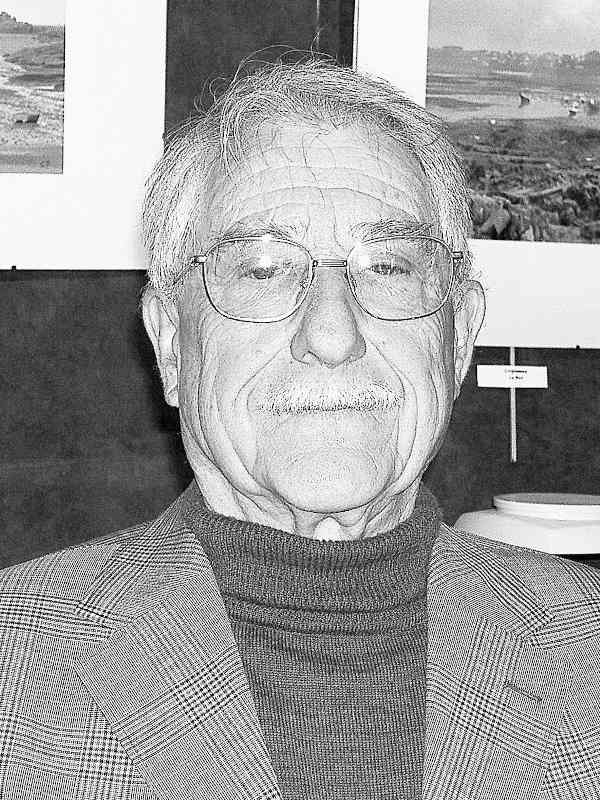
James Bouillé
(14/2/1894 – 22/6/1945)
Bouillé was pre-war Breton architect who was an innovator in the art of building villas. Founder of the Breton Christian Art Workshop in 1929, he led a fight against the conservative reluctance still stubborn in the Catholic hierarchy for the renovation of sacred art in Brittany.
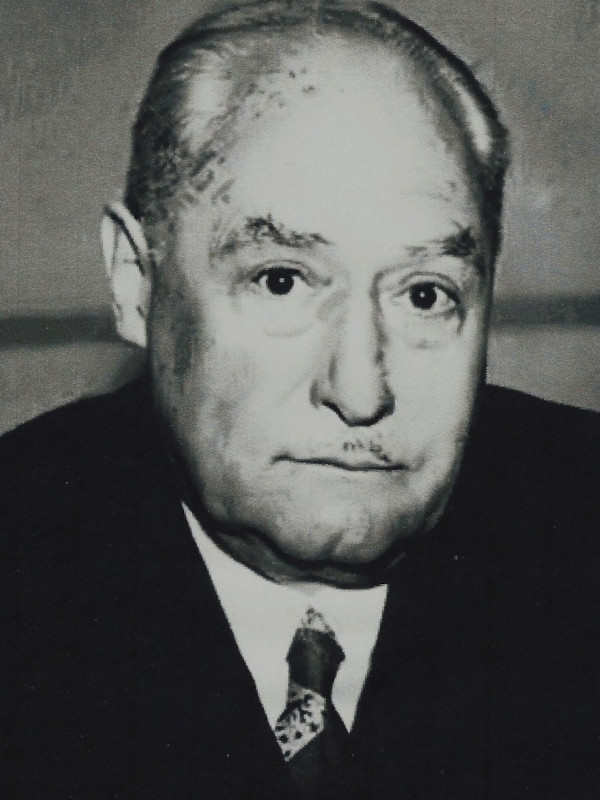
Jacques Bouly de Lesdain
(1880 - 1975)
Lawyer and diplomat. He was the author of books about Mongolia and Tibet, based on his travelling experiences. Bouly de Lesdain co-organised an anti-Freemasonry conference with Jean Rivière in October 1940 at the Petit Palais. It was attended by more than a million visitors.
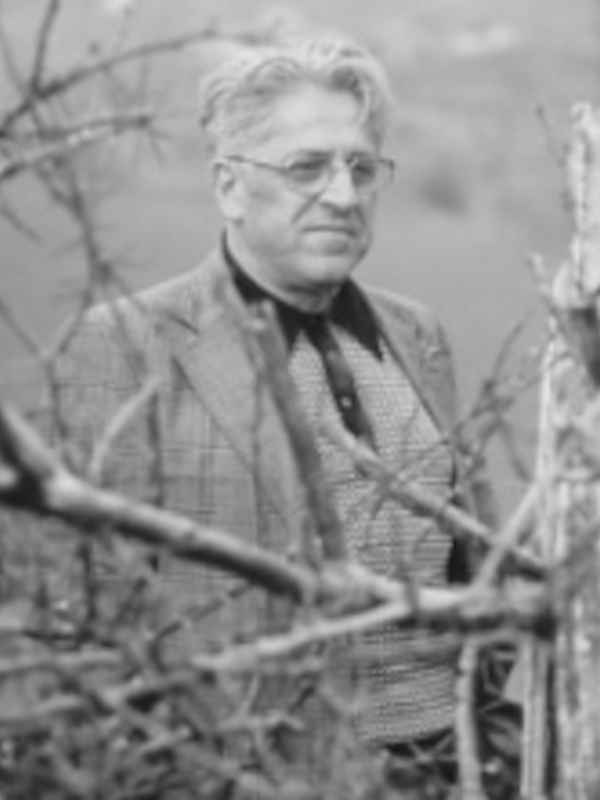
Pierre Bousquet
(1919 - 1991)
Bousquet Joined Waffen-SS in Alsace earning the rank of Caporal in the Charlemagne Division. In Paris 1946, he tried to infiltrate anti-communist movements with a group of former Waffen-SS in order to maneuver them. Bousquet became an activist in the neo-fascist movement Jeune Nation.
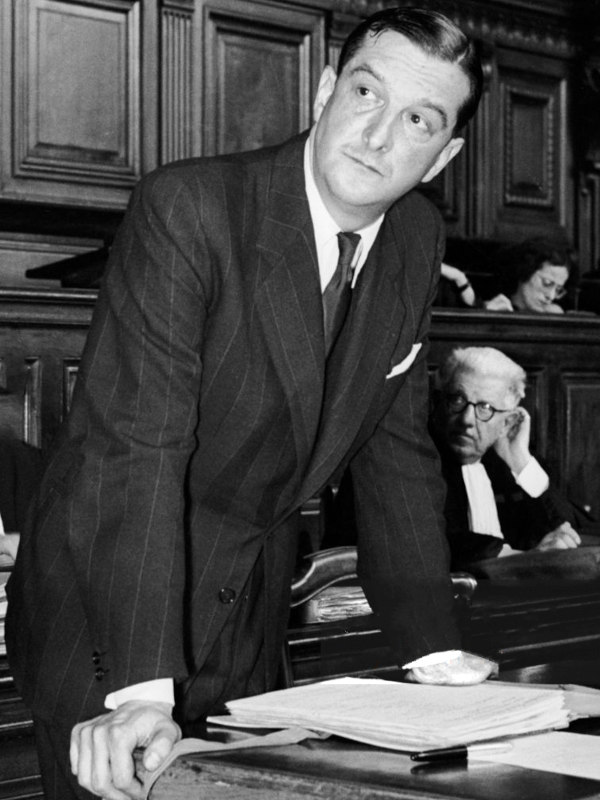
René Bousquet
(11/5/1909 - 8/6/1993)
René Bousquet was a high-ranking French political appointee who served as secretary general to the Vichy French police from May 1942 to 31 December 1943. For personal heroism, he had become a protégé of prominent officials before the war and had risen rapidly in the government.
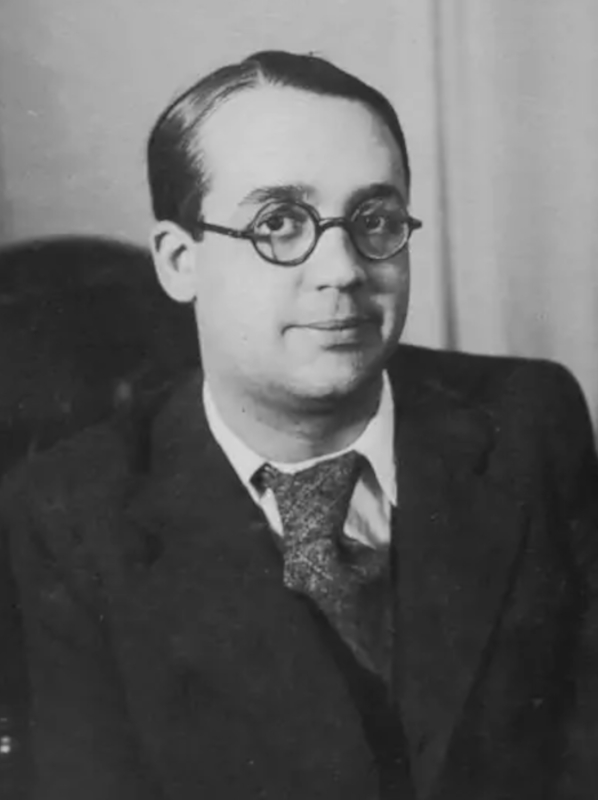
Robert Brasillach
(31/3/1909 - 6/2/1945)
French author and journalist. Editor of Je suis partout, a nationalist newspaper supporting Jacques Doriot. Executed for "intellectual crimes" (advocating collaborationism) following a trial and Charles de Gaulle's express refusal to grant him a pardon.
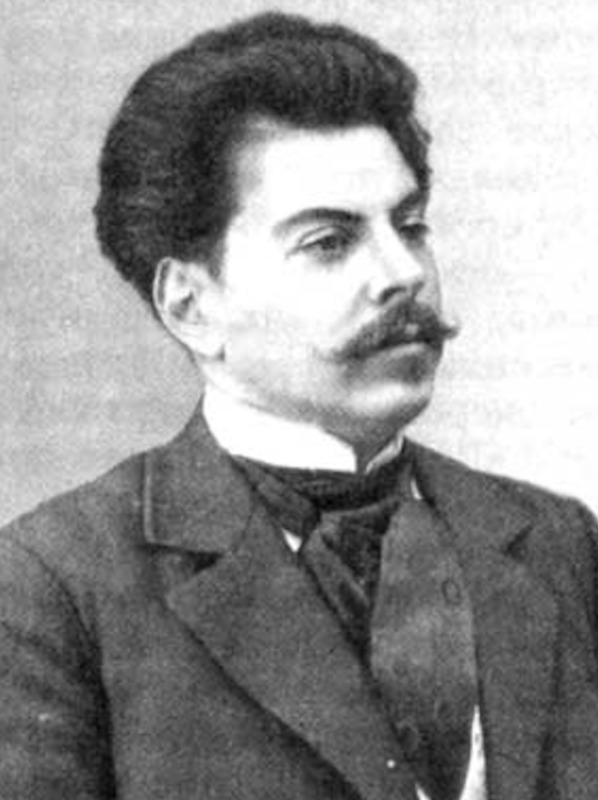
Nikolay Breshko-Breshkovsky
(20/2/1874 - 8/1943)
After the Russian Revolution he became a French citizen. During World War II, Nikolay collaborated with the NSDAP Ministry of Public Enlightenment and Propaganda, writing for the pro-NSDAP Novoye Slovo, a newspaper for White Russian emigrants.
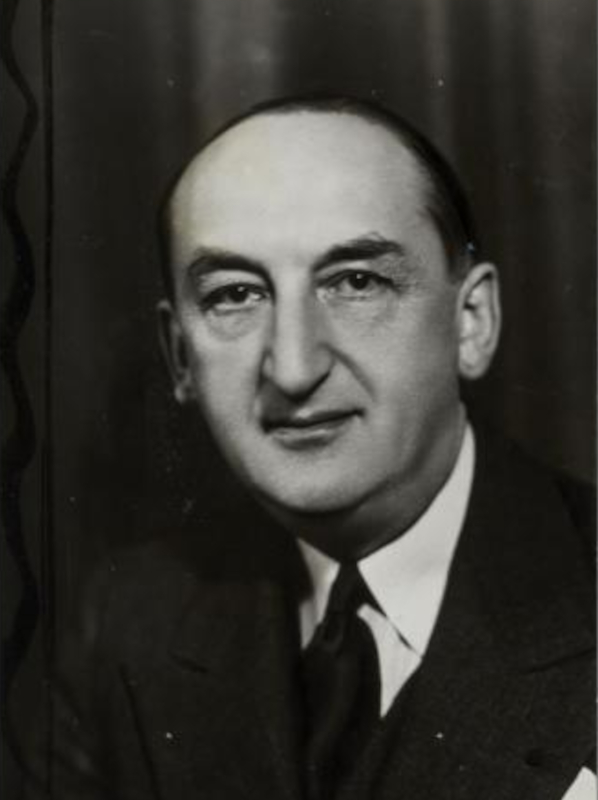
Fernand de Brinon
High official of the collaborationist Vichy regime, in 1944, remnants of the Vichy leadership fled into exile, where Brinon was selected as president of the rump government in exile. After the war was over, he was tried in France for war crimes, found guilty, sentenced to death, and executed.
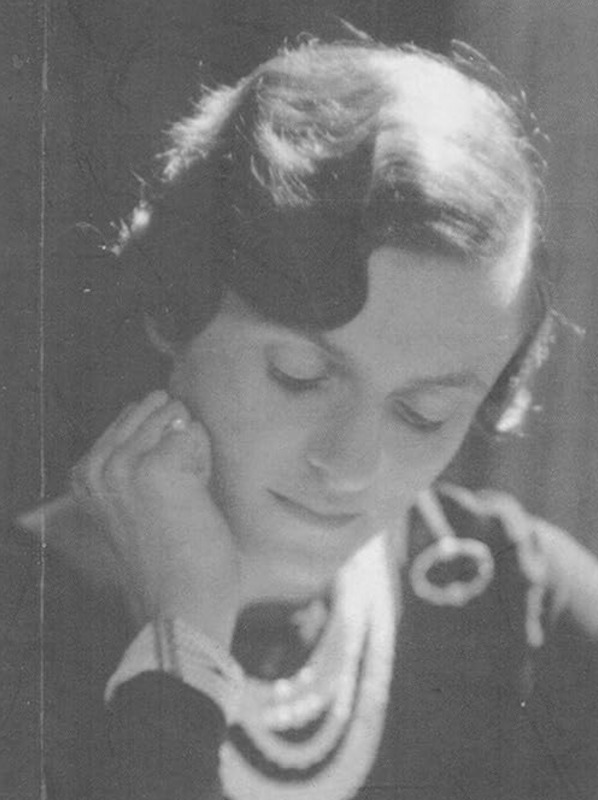
Lisette de Brinon
Jewish wife of the Fernand de Brinon. Declared an "honorary Aryan", she was not deported to her death, but neither was she welcome in Vichy or in Paris. She converted from Judaism to Catholicism. She was a friend of Jacques Benoist-Méchin.
The occupation also presented certain advantages, such as keeping the French Navy and French colonial empire under French control, and avoiding full occupation of the country by Germany, thus maintaining a degree of French independence and neutrality. Vichy thought the British to be a racially degenerate “mixed race” working for Jewish capitalists, in contrast to the “racially pure” peoples on the continent of Europe who were building a “New Order”. In an interview conducted by Béraud with Admiral Darlan in 1941, Darlan was quoted as saying that if the “New Order” failed in Europe it would mean “here in France, the return to power of the Jews and Freemasons subservient to Anglo-Saxon policy” <-- (he got it the wrong way round: Anglo-Saxon policy subservient to Jews and Freemasons)
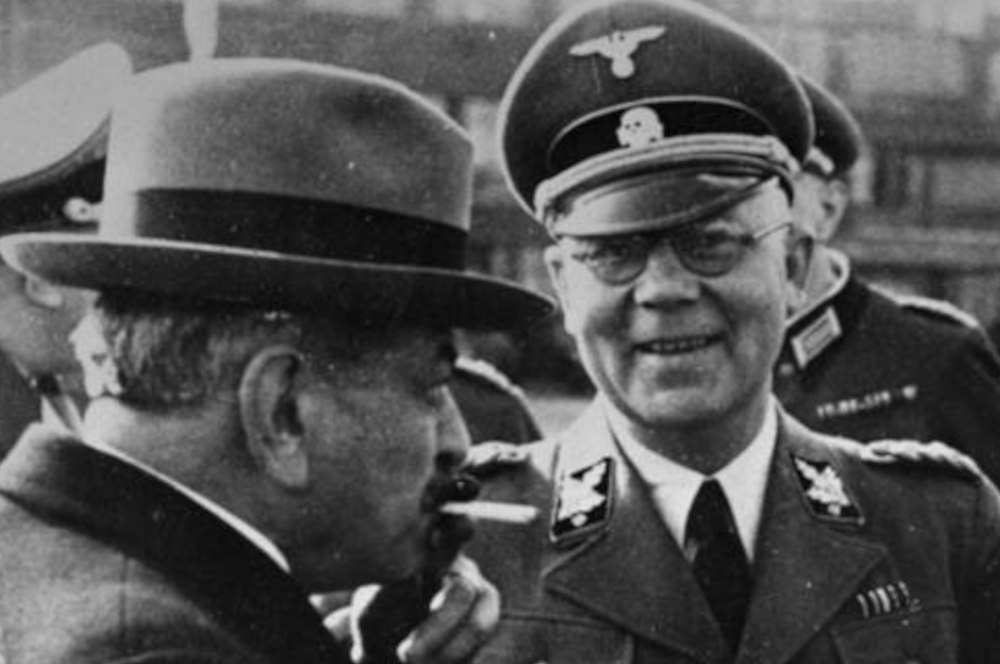
Germany interfered little in internal French affairs for the first two years after the armistice, as long as public order was maintained. As soon as it was established, Pétain's government voluntarily took measures against “undesirables”: Jews, métèques (immigrants from Mediterranean countries), Freemasons, Communists, Gypsies (also known as Romani), homosexuals, and left-wing activists. Inspired by Charles Maurras's conception of the “Anti-France” (which he defined as the “four confederate states of Protestants, Jews, Freemasons, and foreigners”).
Milice
The Milice française (French Militia) was a political paramilitary organization created on 30 January 1943 by the Vichy regime (with German aid) to help fight against the French Resistance. The Milice's formal head was Prime Minister Pierre Laval, although its Chief of operations and de facto leader was Secretary General Joseph Darnand.
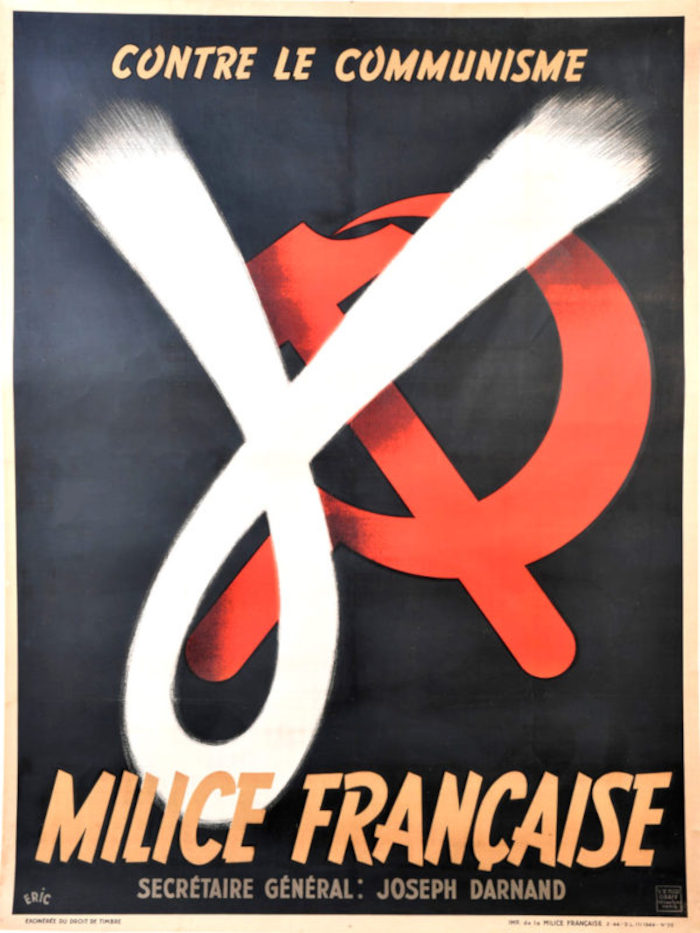
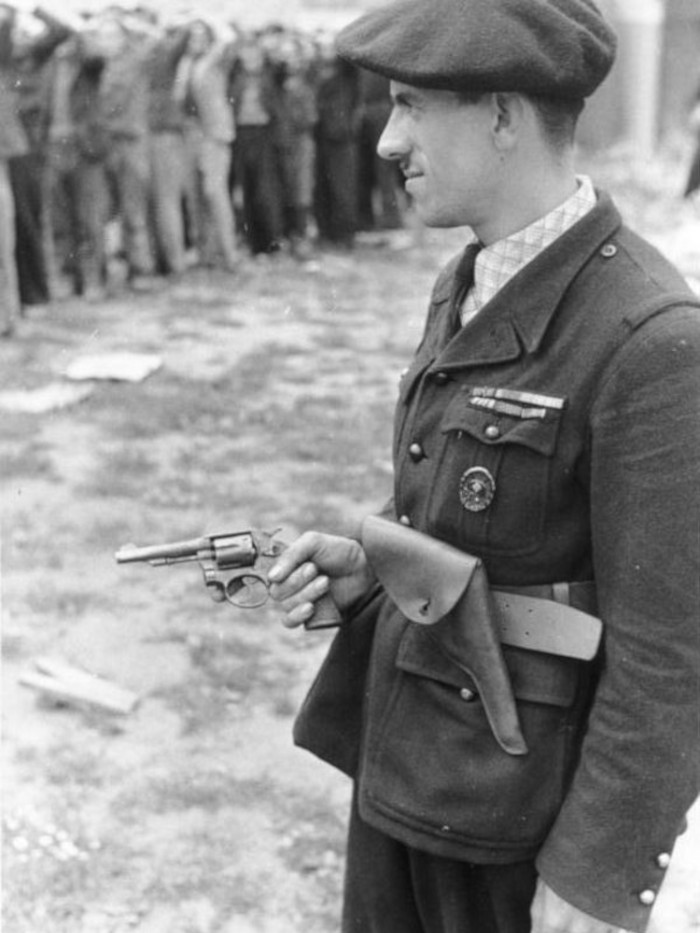
It participated in summary executions and assassinations, helping to round up Jews and résistants in France for deportation. The French Resistance considered the Milice more dangerous than the Gestapo and SS because they were native Frenchmen who understood local dialects fluently, had extensive knowledge of the towns and countryside, and knew local people and informants.
Forces occultes
Forces occultes (Occult Forces – subtitled The mysteries of Freemasonry unveiled for the first time on the screen) is a French film of 1943, notable as the last film to be directed by Paul Riche (the pseudonym of Jean Mamy). The film recounts the life of mr Avenel, a young member of parliament who joins the Freemasons in order to relaunch his career. He thus learns of how the Freemasons are conspiring with the Jews and the Anglo-American nations to encourage France into a war against Germany.
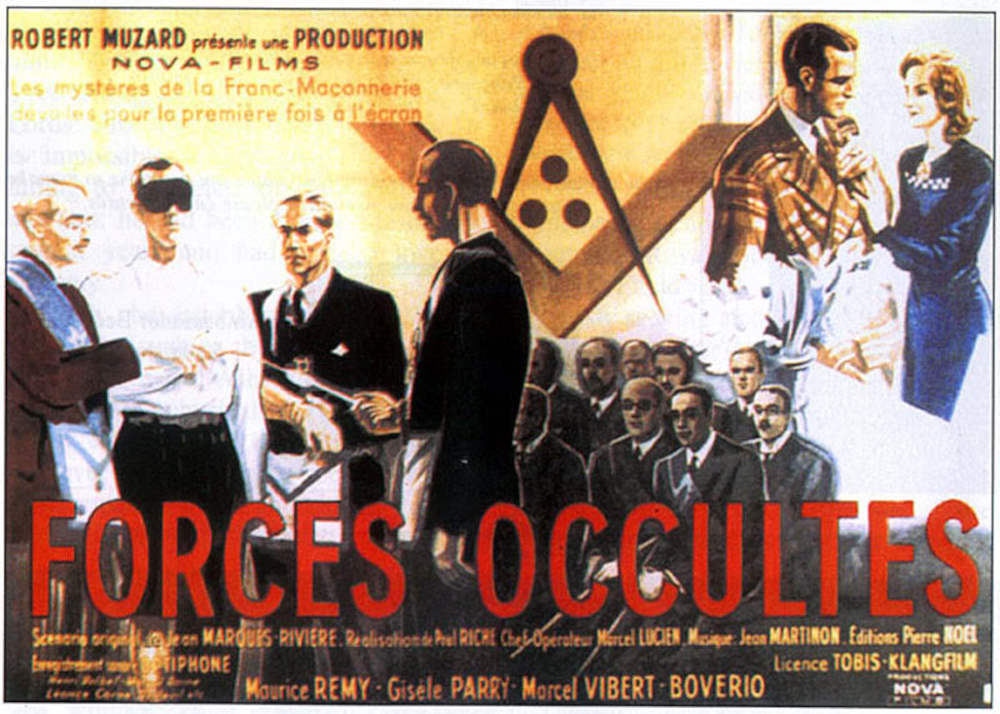
The film was commissioned in 1942 by the Propaganda Abteilung, a delegation of NSDAP Germany's propaganda ministry within occupied France by the ex-Mason Mamy. It virulently denounces Freemasonry, parliamentarianism and Jews as part of Vichy's drive against them and seeks to prove a Jewish-Masonic plot. On France's "liberation", its writer Jean Marquès-Rivière, its producer Robert Muzard, and its director Jean Mamy were purged for collaboration with the enemy.
On 25 November 1945, Muzard was condemned to 3 years in prison and Marquès-Rivière was condemned in his absence (he had gone into self-imposed exile) to death and degradation. Mamy had also been a journalist on L'Appel under Pierre Constantini (leader of the Ligue française d’épuration, d’entraide sociale et de collaboration européenne) and on the collaborationist journal Au pilori, and was thus condemned to death and executed at the fortress of Montrouge on 29 March 1949.